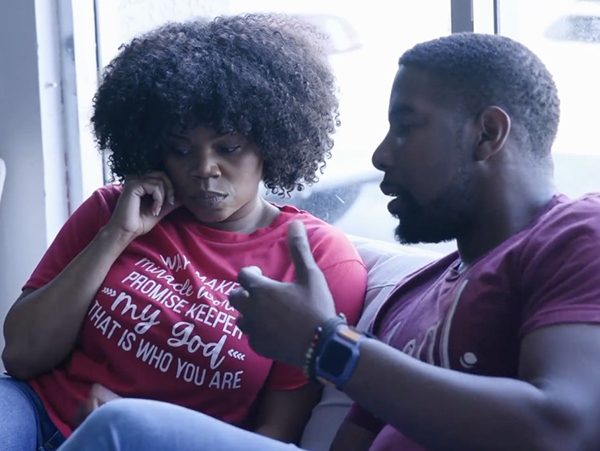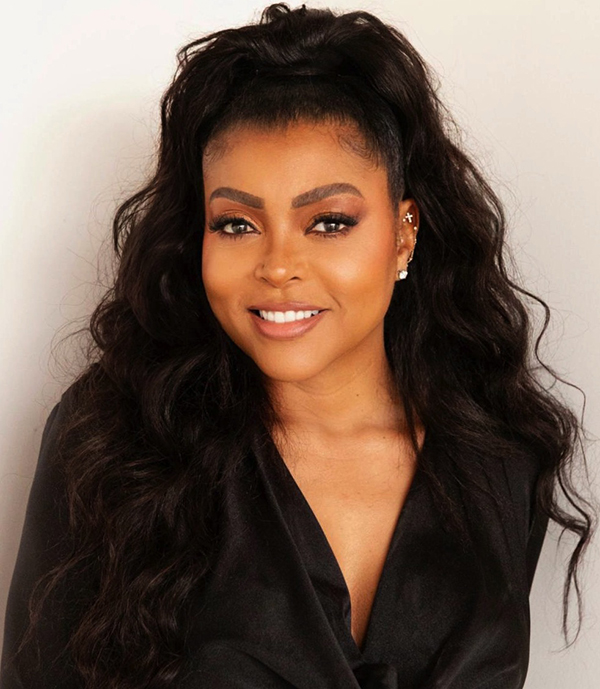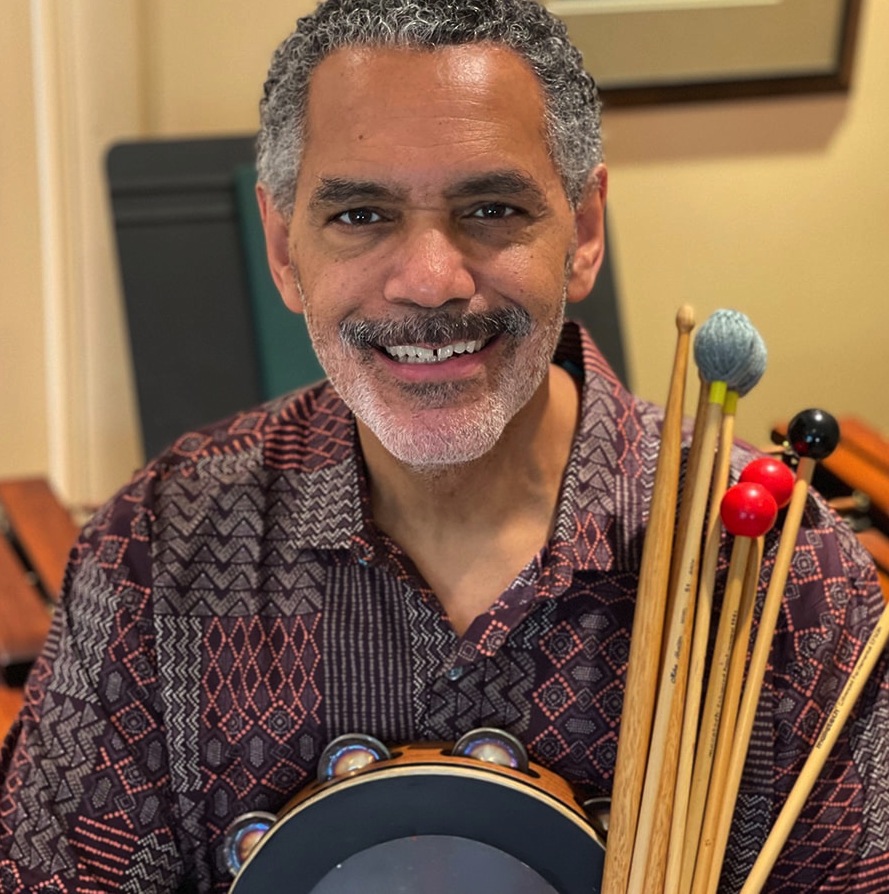By Darlene Donloe
Contributing Writer
LOS ANGELES — Getting a theatrical production produced here is no small feat. Getting a Black theatrical production produced here can be a behemoth undertaking.
Support Black Theatre, a fiscally sponsored organization founded in 2020 by Sophina Brown, is quickly changing that.
Support Black Theatre is an organization with a mission to help Black creatives with everything from development to information, resources and funding.
“We help pay for venues, marketing, publicists and many other facets of theater,” Brown said. “Everything under the umbrella of Black theater is offered including nonprofit management training, grant education, scholarship support, playwright labs, classes and workshops on technical training, and more.”
Support Black Theatre has several programs including its Equip program, which is about capacity building, Pipeline, which is an annual series of curated events centered around the reading of new Black plays in partnership with local Black-owned businesses, and Talk Forward, which is about cultivating and nurturing Black audiences. The organization is committed to supporting Black artists and the Black work presented at all local theaters.
“I was an independent producer for theater in Los Angeles,” said Brown, an actress and a Saginaw, Michigan native who studied theater at the University of Michigan. “I found it hard as a Black producer to tell a Black story. It was because there was more emphasis and weight put on revenue.
“I wanted to create more opportunities for artists in Los Angeles. In the process of producing, I started seeing more clearly the systemic barriers in place regarding Black creatives being able to tell our own stories.”
Support Black Theatre, which has helped Black theaters raise $1 million, is currently, along with Collaborative Artists Bloc, the Last Acting Studio and Natasha Ward, collectively presenting the West Coast premiere of a new adaptation of “Lines in the Dust,” directed by Los Angeles native Desean K. Terry, who is also the co-artistic director of Collaborative Artists Bloc.
The show was written by Los Angeles-born writer and Obie Award-winning actress Nikkole Salter, chair of the Department of Theatre Arts within Howard University’s Chadwick A. Boseman College of Fine Arts.
Collaborative Artists Bloc is dedicated to bringing together artists to collaborate and create content of human and artistic value for social change. Support Black Theatre selected Collaborative Artists Bloc to participate in its New Works Pipeline Series, which includes presenting its inaugural play, the Los Angeles premiere of “Lines in the Dust.”
“This is just the first production,” said Brown, 47, a married mother of two daughters. “There will be more.”
In “Lines in the Dust,” when Denitra loses the charter school lottery for her daughter, she must find another way to escape from their underperforming neighborhood school. The show, set over a half-century after Brown vs. Board of Education, stars Ovation and NAACP Theatre Award-winner Erica Tazel and Emmy-nominated Kelly Jenrette, who will both play the roles of Beverly and Denitra.
“I was surprised how deeply this story impacted me after I first read it, especially the ending,” said Terry, who received his bachelor of arts degree in theater and English from Loyola Marymount; and a master’s of fine arts in acting and acting teaching from Cal State Long Beach. He also is a graduate of the Juilliard School.
“I think that people will relate to the different perspectives that Nikkole has cleverly created within this play,” Terry said. “They’ll see these dualities within themselves. When one of the characters talks about choosing between the possibility of being successful or keeping a sense of self, it’s a reminder that the flaws in capitalism always seem to hit hardest in marginalized communities. One of the traps is when you give up on yourself.”
I recently spoke to Terry and Brown about Support Black Theatre and “Lines in the Dust.”
Brown is a producer and actress who worked on Broadway and on national tours before transitioning to television.
Terry, who had a recurring role in the Emmy-nominated Apple series, “The Morning Show,” is an L.A.-based director, actor, writer and educator.
DD: Tell me about the collaboration between Collaborative Artists Bloc, Support Black Theatre, the Last Acting Studio and Natasha Ward.
DT: It’s a partnership. We also have additional partners. We have 43 Black-owned businesses and nonprofits participating through different nights and collectives. One of them may buy out a particular night. We are building an ecosystem around the play.
DD: Why did you want to direct “Lines in the Dust?” What is it about this work?
DT: What interested me is there is so much determined by where one goes to school and there is so much gained and lost — no matter what choice you make. I could relate to one of the characters. I’ve been afforded a great education but there is a constant practice of communities of color eroding themselves.
I went to drama school so my story is hyper-realized. It was a very Anglo training that I received. They literally try to take you away from the cultural expression you have in your voice. You are taught to shift yourself based on how you sound. It’s some white idea of what sound is supposed to sound like. It’s an intense battle. While there, I ushered it in. It’s indoctrination, not education. I was indoctrinated. I lost some stuff there. I sound different.
DD: What did you see in Kelly Jenrette and Erica Tazel?
DT: I saw two dynamic actresses. I was also looking for people interested in having a vulnerable conversation with themselves. One of the things we’re always talking about is code-switching.
(Code-switching is the ways in which a member of an underrepresented group consciously or unconsciously adjusts their language, syntax, grammatical structure, behavior and appearance to fit into the dominant culture).
SB: Once we decided to have two actresses switch back and forth between both lead roles, we knew we not only needed to cast two exceptionally skilled and empathetic artists but also two women who were willing to viscerally explore and expose even the ugliest of truths that Nikkole has unearthed in this piece. Each of them steps into these characters and courageously reveals deeply embedded, indoctrinated beliefs we don’t often discuss. Otherwise, those beliefs maintain the power to keep us divided — divided from one another and divided within ourselves. Erica and Kelly do this brilliantly.
DD: Sophina, tell me about what role August Wilson plays in Support Black Theatre.
SB: It goes back to me coming into communion with “The Ground On Which I Stand” by August Wilson. It struck my soul. I wanted to create more opportunities for artists in Los Angeles. I started producing his works. (“The Ground On Which I Stand” is Wilson’s call for African-American artists to seize power over their own cultural identity and to establish permanent institutions that celebrate and preserve the singular achievements of African-American dramatic art and reaffirm its equal importance in contemporary American culture).
Support Black Theatre is proud to be the Los Angeles home for the national August Wilson New Voices competition. It honors him with a competition that gives students of all ethnicities and abilities the opportunity to explore the richness of his 10-play American Century Cycle.
DD: It’s wonderful that Support Black Theatre exists but it’s also sad that it has to exist.
SB: My hope is that our work is going to be so impactful that we put ourselves out of business. I’m looking to make myself obsolete in this lane.
“Lines in the Dust” is being staged at the Matrix Theatre, 7657 Melrose Ave., Los Angeles; 8 p.m. Thursday; 8:30 p.m. Fridays; 2 and 8 p.m. Saturdays; and 2 and 7:30 p.m. Sundays from Nov. 4 to Dec. 10. Tickets are $55. Information: 310 619-6322.
Darlene Donloe is a freelance reporter for Wave Newspapers who covers South Los Angeles. She can be reached at ddonloe@gmail.com.













